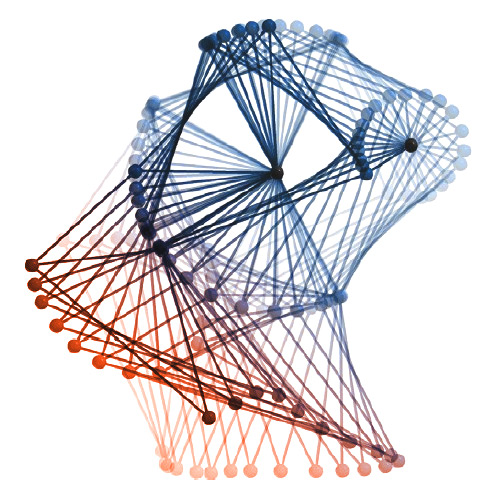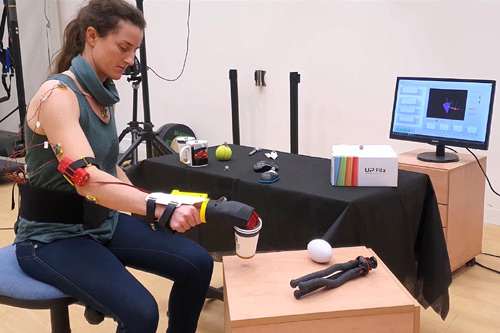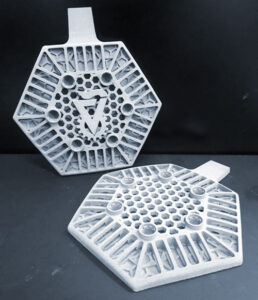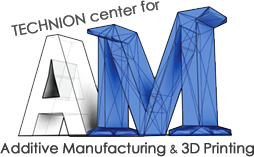ABOUT US OVERVIEW
OVERVIEW


The Technion Additive Manufacturing and 3D printing Center (TAMC), inaugurated in 2021, reflects the Technion’s commitment to promoting cutting-edge additive manufacturing (AM) innovation. The center was founded with the generous support of Mr. Robert Davis and is committed to fulfilling an academic leadership role in promoting futuristic advancements in AM technology, as well as supporting Israeli industry. TAM will develop a comprehensive repository of AM data and technologies while encouraging, advising, and supporting synergic AM research efforts across an array of healthcare, transportation, energy, aerospace, and other needs. The TAM center will constitute a hub for enhancing and sharing additive manufacturing infrastructure, scientific knowledge and skillsets, and for supporting multidisciplinary AM research, with Israeli and foreign partners in academia and industry.
AM techniques can be used to fabricate a three-dimensional object by combining layers of material (biological, inorganic, polymeric, metallic, semiconductor, and/or ceramic) into an identifiable whole. Three-dimensional modeling (e.g. computer aided design) software guides the AM layer-by-layer printing process, ensuring each layer’s composition and spatial arrangement.
 The advantages of AM include accelerated research and development, reduced production time, minimal material waste, and heightened performance-to-weight ratios. AM enables the formation of high-performance synthetic composites, anisotropic and heterogeneous materials, on-demand customization of products, and on-site manufacturing of replacement parts. AM can print geometrically complex objects, achieving their best-possible physical layout for any defined space.
The advantages of AM include accelerated research and development, reduced production time, minimal material waste, and heightened performance-to-weight ratios. AM enables the formation of high-performance synthetic composites, anisotropic and heterogeneous materials, on-demand customization of products, and on-site manufacturing of replacement parts. AM can print geometrically complex objects, achieving their best-possible physical layout for any defined space.
Contemporary AM applications abound across industries. For example, in aerospace AM rapid prototyping and on-demand printing of non-flight critical parts (e.g. ventilation turbines, heat exchangers) are obviating oversized inventories, minimizing downtime for repairs, and extending aircraft service life. In biomedicine, AM customized implants, prosthetics and pharmaceuticals are facilitating personalized care.
 That said, precision printing of ultra-complex, multi-material and multiscale systems (e.g. vascularized innervated organs or solid rocket fuel) require further progress in fundamental science and the engineering of materials and biomaterials, in computer science, and in mechanical and electrical engineering. Collaborative research, yielding multidisciplinary databases, design paradigms and models, are key to unleashing the full potential of additive manufacturing.
That said, precision printing of ultra-complex, multi-material and multiscale systems (e.g. vascularized innervated organs or solid rocket fuel) require further progress in fundamental science and the engineering of materials and biomaterials, in computer science, and in mechanical and electrical engineering. Collaborative research, yielding multidisciplinary databases, design paradigms and models, are key to unleashing the full potential of additive manufacturing.
The Technion is a natural platform for additive manufacturing innovation. It is a trailblazer in computer science, a powerhouse in materials science and engineering, and the academic wellspring driving Israeli preeminence in biomedicine, aerospace, and civilian technologies.
Technion’s alumni fill positions throughout the Israel’s high-tech sector. It vigorously runs campus-wide multidisciplinary programs and joint initiatives with top-tier universities abroad.


